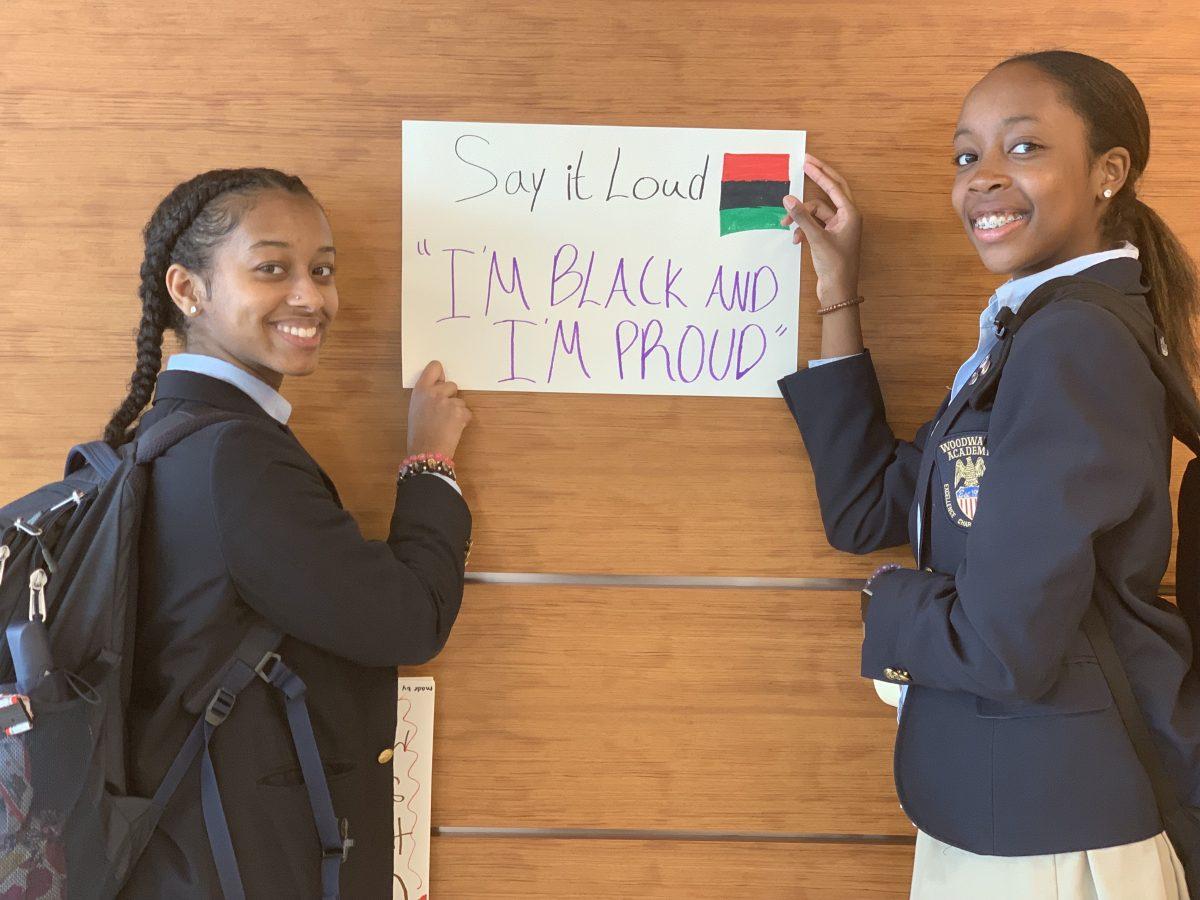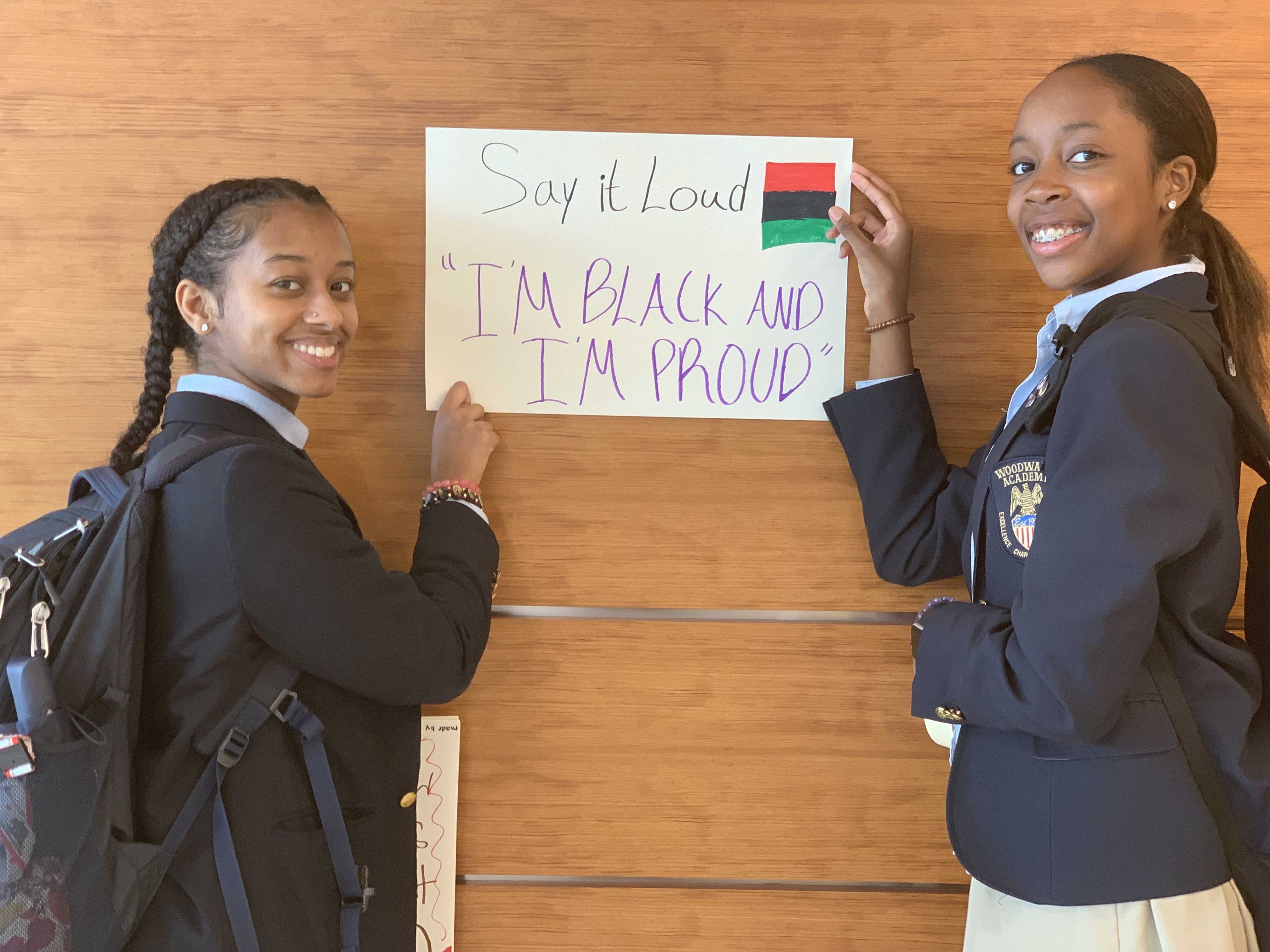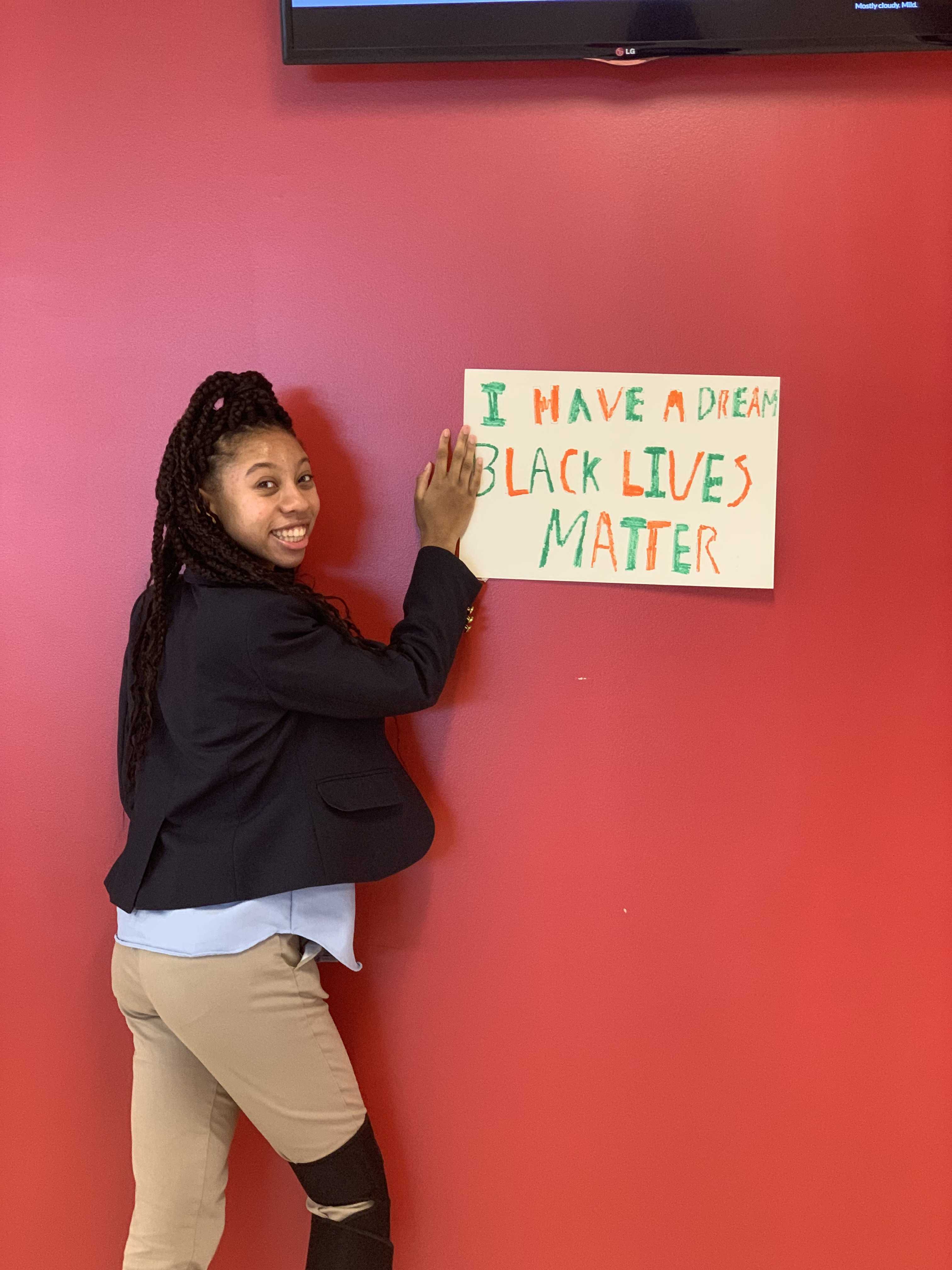
As most students probably know, in February, the US more broadly, and Woodward in particular, celebrates Black History Month. Although we may take it for granted now, the past generations have fought relentlessly for equality amongst all races and have established Black History Month as a beacon of hope for all communities who have faced discrimination and for the Black community especially.
According to History.com, Negro History Week began through Carter G. Woodson, who was able to instill a week of Black gratitude through his display of the contributions of African Americans to the global society. In subsequent decades, the Association for the Study of African American Life and History (ASALH,) consistently pushed to expand the length of Black History Recognition from week to weeks. This shift from a week to a month to celebrate the significance and progress amongst African Americans took about 50 years of toiling on the part of ASALH and others with the eventual founding of Black History Month in 1976.
Black History at Woodward has taken its own course from its time as the Georgia Military Academy till today. Opening in 1700, the GMA solely accepted white men and boys and did not accept any African Americans until 1971 when they enrolled precisely four Black students in the Academy. Soon GMA became Woodward Academy; however, it continued integration, allowing it to be the first private school with African American students.
From there, many historic achievements began to emerge. From the first Black students to graduate to Woodward’s first African American valedictorian to the first Black member of the SGA, Woodward has come a long way and become one of the most racially diverse schools in Georgia with, according to the Academy website, over a third of the student body identifying as Black and over half identifying as students of color.

Hlina Temesgen ‘24 and Evan Goodman ‘24 stand holding their Black History Month sign. Credit Serena Lakhani.
Anisa Suffren-Crumby ‘25 has grown up with acceptance of her culture due to her family, friends and the diversity of Woodward, and she is proud to be Black. According to Suffren-Crumby, Black History Month also plays a significant role in her discovering her history and having the opportunity to feel special during a month dedicated to her culture, history and community.
“Growing up, I’ve been made comfortable with my hair, my skin color and I think that Black History Month has helped in gaining that pride,” Suffren-Crumby said. “Black pride and self-confidence.”
Similarly to Suffren-Crumby’s gratitude for Black History Month, Kayce Brown ‘25, a board member of the Black Student Union, conveys her hopes for Black History Month.
“I hope […] to embrace being Black and help my community embrace our culture but also teach others about our culture, because sometimes people get it twisted or have stereotypes,” Brown said . “Just truly making sure that everybody understands truly what it means to be Black.”
Brown also reflected on the impact of these stereotypes on her self-confidence and, in particular, a situation where she was alienated due to the color of her skin. This situation affected her in an extremely negative way and caused her to undermine herself and her abilities; however, she knew how to rise and regain herself.
“I loved dance, and, between 5th through 7th grade, I remember that there were these Caucasian girls who thought they were better than me,” Brown said. “They would talk badly and do all this stuff only because I was Black, and, when they told me I couldn’t dance only because I was Black, it really hurt. It started to mess with my confidence, but then I bounced back and thought, no… I like being Black, I’m Black and I’m proud.”
Her way to “bounce back” and find herself once again included accepting herself and her culture while valuing herself and trusting her abilities. This faith in herself and appreciation of Black culture through Black History Month and other ways significantly increased her self-confidence and helped her evolve into her true self.
Brown also emphasizes that one of the most important aspects of Black History Month is looking back to the fates of their African American ancestors and realizing how far they’ve come and how much her ancestors have fought for the rights that they have been given today.
“Black History Month for me is a time to reflect,” Brown said. “It’s a time to reflect on our history and where we are now. Take 100 years ago, I wouldn’t have many of the rights I have today. I might’ve not even been standing here today or have any of my friends.”
Black History Month gives members of the African American community an opportunity to admire the sacrifices of their heroes from the past, such as Martin Luther King Jr. as well as accept and value themselves and their culture. It also allows them to treasure that they are now able to sit in the same classrooms as other races as well as be treated equally with the same opportunities.
“The Black Student Union seeks to spread the challenges and accomplishments of Black individuals while emphasizing the importance of appreciating and learning about Black culture as we begin Black History Month,” Brown said.

Kayce Brown ‘25 pictured holding her BHM sign. Credit Serena Lakhani.